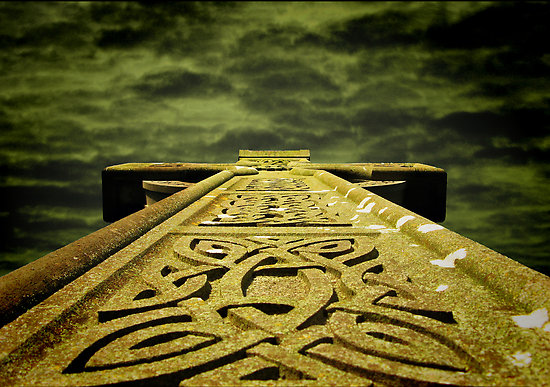Gregory was a man enchanted with Christ and dazzled by the meaning of his Passion. He was born in Caesarea about 334, the younger brother of Basil the Great, and, in his youth, was but a reluctant Christian.
When he was twenty, the transfer of the relics of the Forty Martyrs of Sebaste to the family chapel at Annesi quickened Gregory’s faith, and he became a practicing Christian and a lector. He abandoned this ministry, however, to become a rhetorician like his father.
His brother Basil, in his struggle against the Emperor Valens, compelled Gregory to become Bishop of Nyssa, a town ten miles from Caesarea. Knowing himself to be unfit for the charge, Gregory described his ordination as the most miserable day of his life. He lacked the important episcopal skills of tact and understanding, and had no sense of the value of money. Falsely-accused of embezzling Church funds, Gregory went into hiding for two years, not returning to his diocese until Valens died.
Although he resented his brother’s dominance, Gregory was shocked by Basil’s death in 379. Several months later, he received another shock: his beloved sister Macrina was dying. Gregory hastened to Annesi and conversed with her for two days about death, and the soul, and the meaning of the resurrection. Choking with asthma, Macrina died in her brother’s arms.
The two deaths, while stunning Gregory, also freed him to develop as a deeper and richer philosopher and theologian. He reveals his delight in the created order in his treatise, On the Making of Man. He exposes the depth of his contemplative and mystical nature in his Life of Moses and again in his Commentary on the Song of Songs. His Great Catechism is still considered second only to Origen’s treatise, On First Principles.
In 381, Gregory attended the Second Ecumenical Council at Constantinople, where he was honored as the “pillar of the Church.” In the fight for the Nicene faith, he was one of the three great Eastern theologians, known with Basil the Great and Gregory of Nazianzus, as the Cappadocian Fathers.
Almighty God, you have revealed to your Church your eternal Being of glorious majesty and perfect love as one God in Trinity of Persons: Give us grace that, like your bishop Gregory of Nyssa, we may continue steadfast in the confession of this faith, and constant in our worship of you, Father, Son, and Holy Spirit; for you live and reign for ever and ever. Amen.
Psalter Reading: 19:7–11(12–14)
Gospel Reading: John 5:19–24


No comments:
Post a Comment